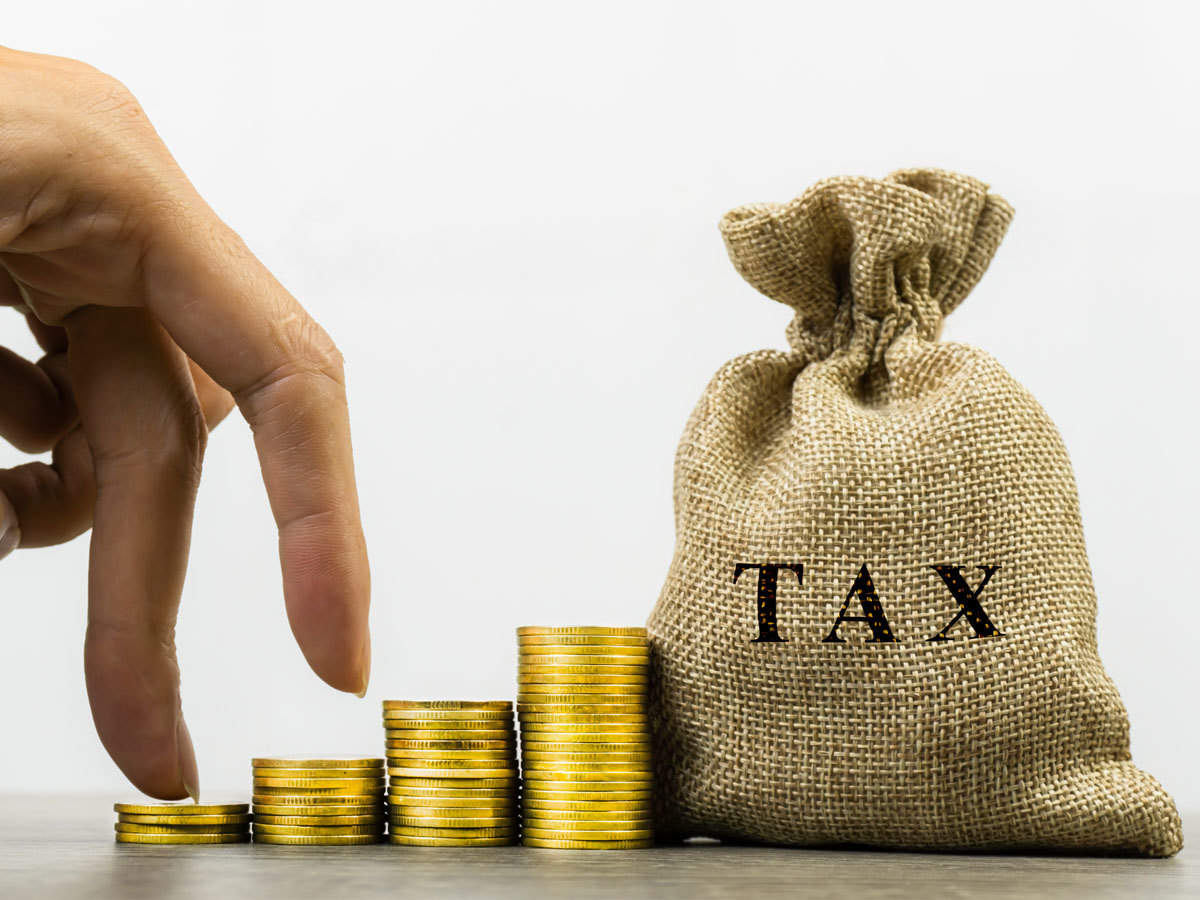When you earn money, the government takes a percentage of it as a tax. Therefore, if you make money by selling a personal or investment asset like a car or boat, real estate, or a stock, which is tax-deductible, you will likely be subject to capital gains tax.
If you bought a house for $200,000 five years ago and sold it for $300,000 today, you would have made $100,000. If you made a profit from the transaction, you might be subject to capital gains taxation. Your adjusted gross income (AGI), filing status, and period of ownership would all factor into how much tax you are entitled to pay.
When Are Capitalized Gains Applicable?
A capital gain is applicable when an acquired asset or investment is sold for more than its initial purchase amount. Capital gains tax applies to the sale or transfer of assets held for investment or personal use.
Regardless of how long a property was held or occupied, it is still taxable.
Note that tax rates and policies differ from one country or state to the next.
Even with different tax policies, homeowners can avoid paying capital gains when they sell their homes due to the homeownership exclusion in the tax code. For homeowners, this is one of the best tax breaks available.
What Are Short Or Long-Term Capital Gains?
If you sell your house within a year after purchasing it, the profit is referred to as short-term capital gains. Because they are taxed at the same rate as ordinary income, short-term capital gains have a higher tax rate than long-term capital gains.
Homes held for more than a year before being sold yield long-term capital gains. Long-term capital gains taxes are charged based on the amount of money you earn yearly.
Who Can Get A Tax Exclusion From Capital Gains?
The capital gains tax exclusion may be available to sellers who meet specific requirements, such as those outlined below:
1. To be exempt, at least two of the preceding five years must have been spent in the home as a primary residence. The term “main residence” excludes investment properties and second homes.
2. If your job or health changes (in the case of moving to a retirement home), you may be eligible for a reduced exclusion period.
You must have owned the property for a minimum of two years prior to the sale in the five years before that date. It is necessary to stretch out the 24 months of residence over five years.
3. Capital gains taxes do not apply to house sellers who make less than $250,000 from selling their property. On a joint tax return, a married couple can deduct the sale of their home up to $500,000 in costs.
4. The exception does not apply to a property exchanged under the 1030 Exchange Rule.
Calculating Captial Gains Taxes Before Selling Your Home
Calculating your capital gains is not just how much you paid for your home but how much it sold for minus any depreciation cost, closing charges, selling expenditures, insurance payments, and your tax basis on the property.
As a seller, you’ll have to pay for everything from real estate agent commissions to title insurance, legal charges, marketing costs, escrow fees, and inspection fees.
You can significantly reduce your capital gains when you sell a home by including all of the costs you incurred while purchasing it on your cost basis.
Capital gains taxes can be avoided by keeping precise and accurate records. To keep track of your expenses, ensure you have a copy of everything you signed during the closing.
However long you intend to remain in your home, it is essential you know your equity and whether or not you will be subject to capital gains taxes upon selling your home.













